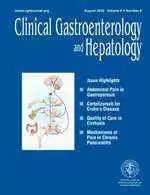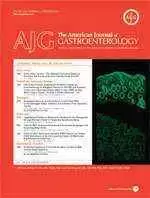
Celiac.com 08/18/2010 - The importance of an accurate celiac disease diagnosis is becoming increasinglymore evident to health practitioners and the general public worldwide. While the outcomes of undiagnosed celiac disease are still unclear,current studies are attempting to find an answer.
Between 1995 and 2001, serum samples were obtained from 16,886 Olmsted County, Minnesota citizens 50 years of age or older with unknown celiac status.
Celiac.com Sponsor (A12):
Out of 16,847 adults studied, 129 cases were discovered to have undiagnosed celiac disease. 127 undiagnosed celiacs and 254 unmatched controls were then submitted for a systematic evaluation in search of over 100 possibly coexisting ailments.
The scientists found that while celiac disease has been associated with an elevated risk for cancer, this study found no significant risk increase for cancer in undiagnosed celiacs compared to the control group.
Researchers also found that those patients with undiagnosed celiac disease displayed an increased rate of osteoporosis and hypothyroidism. Furthermore, undiagnosed celiacs were also found to typically have a lower body mass index, and lower levels of ferritin and cholesterol, and to be less prone to arthritis and have a reduced rate of glucose intolerance. The correlation between lower arthritis and glucose intolerance in undiagnosed celiacs is speculated to be a result of a lower body mass index.
In conclusion, researchers were not able to determine a connection between undiagnosed celiac in older adults and comorbidity. In fact, except for impaired bone health, most undiagnosed celiacs in this study displayed little comorbidity and they did not have increased mortality rates when compared to the control group.
Researchers of this study therefore concluded that there may be advantages and disadvantages to being an older undiagnosed celiac.
Source:
- Open Original Shared Link



.webp.f2302d4e97ce1372331700064b9173e2.webp)


Recommended Comments